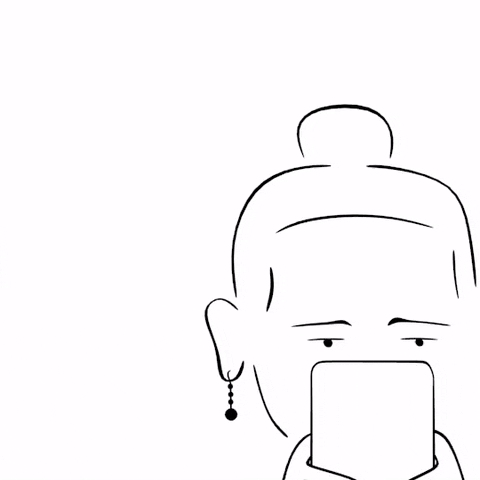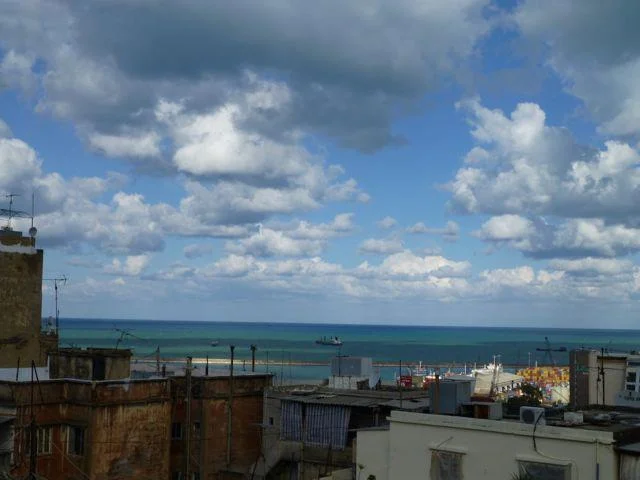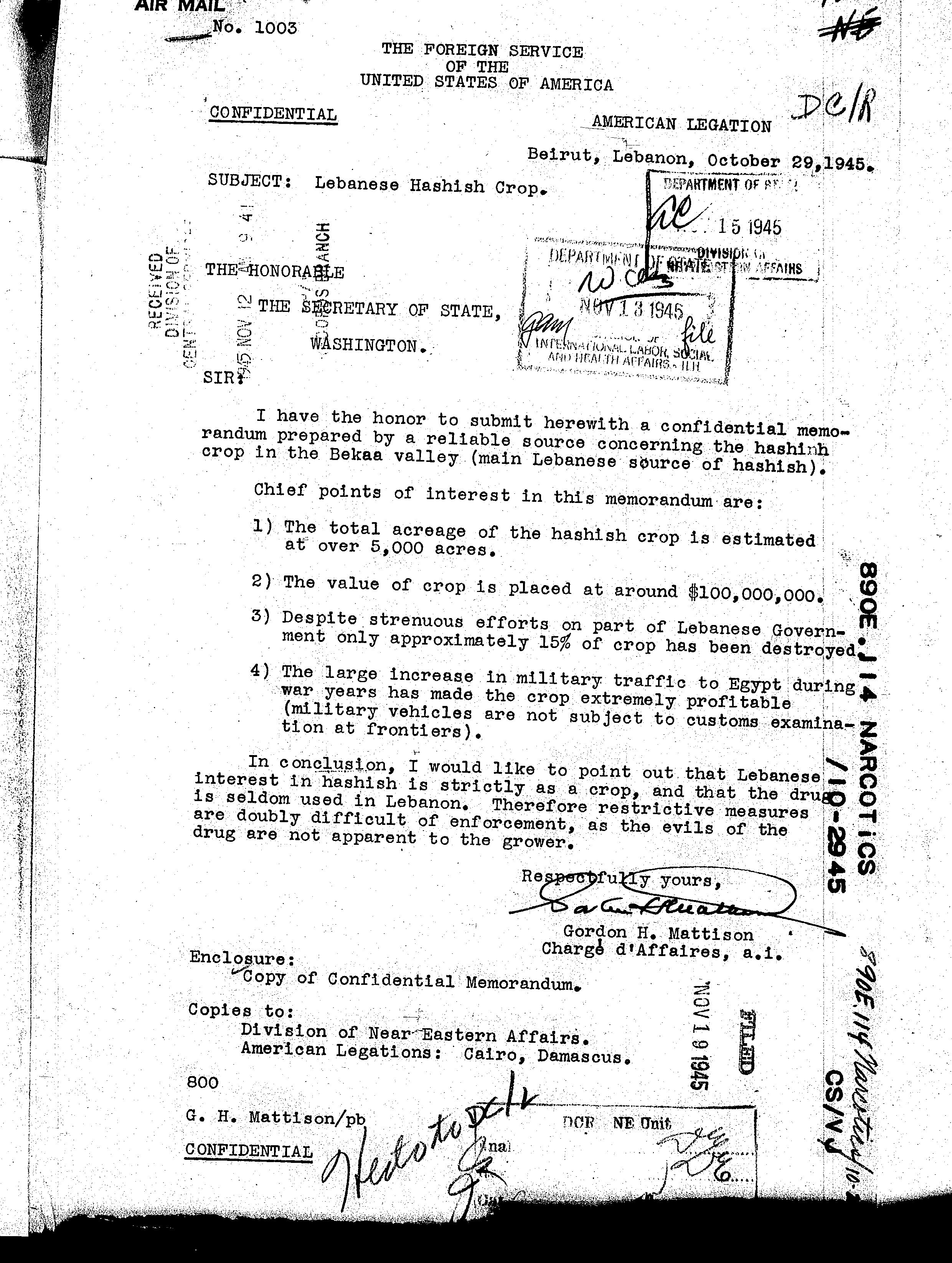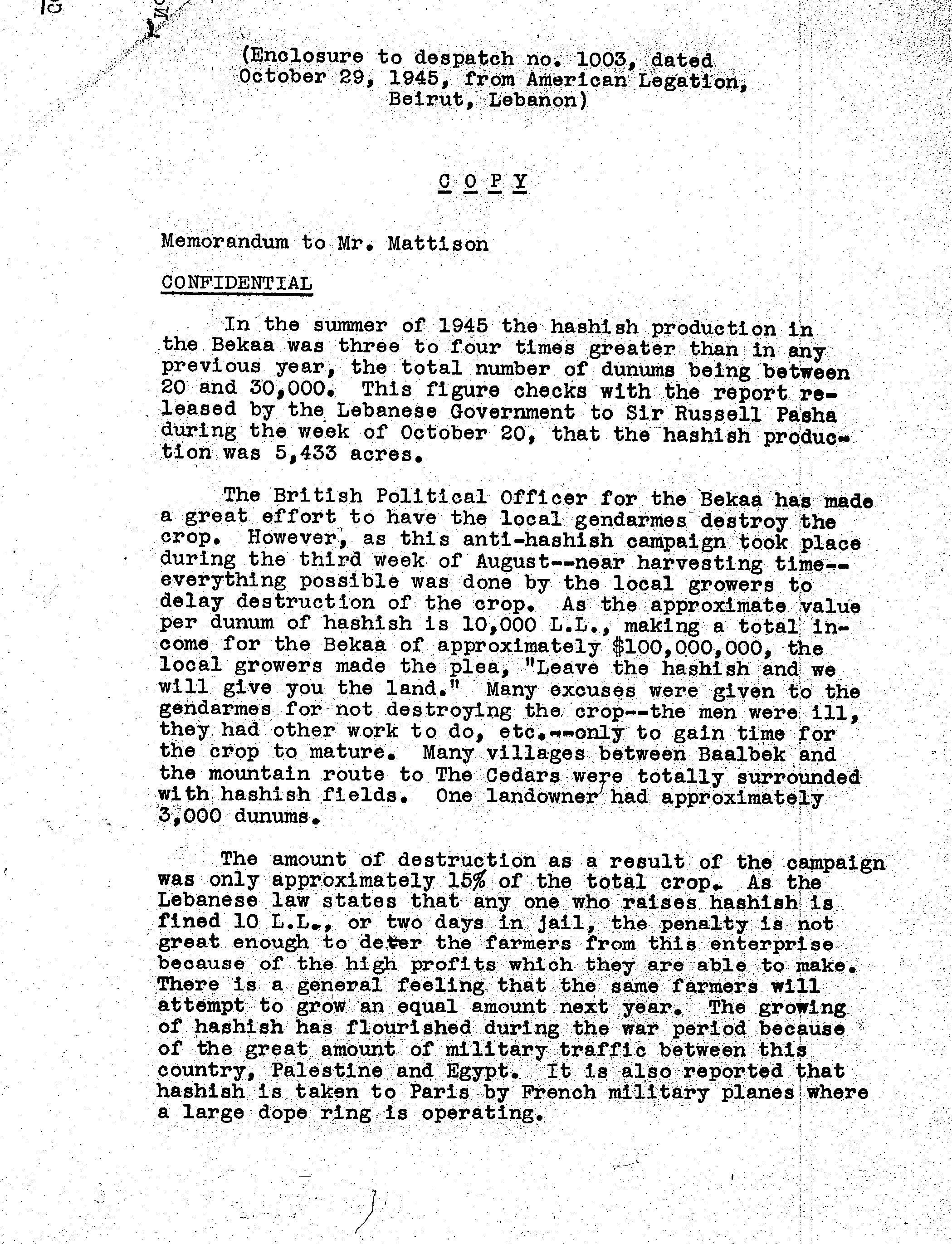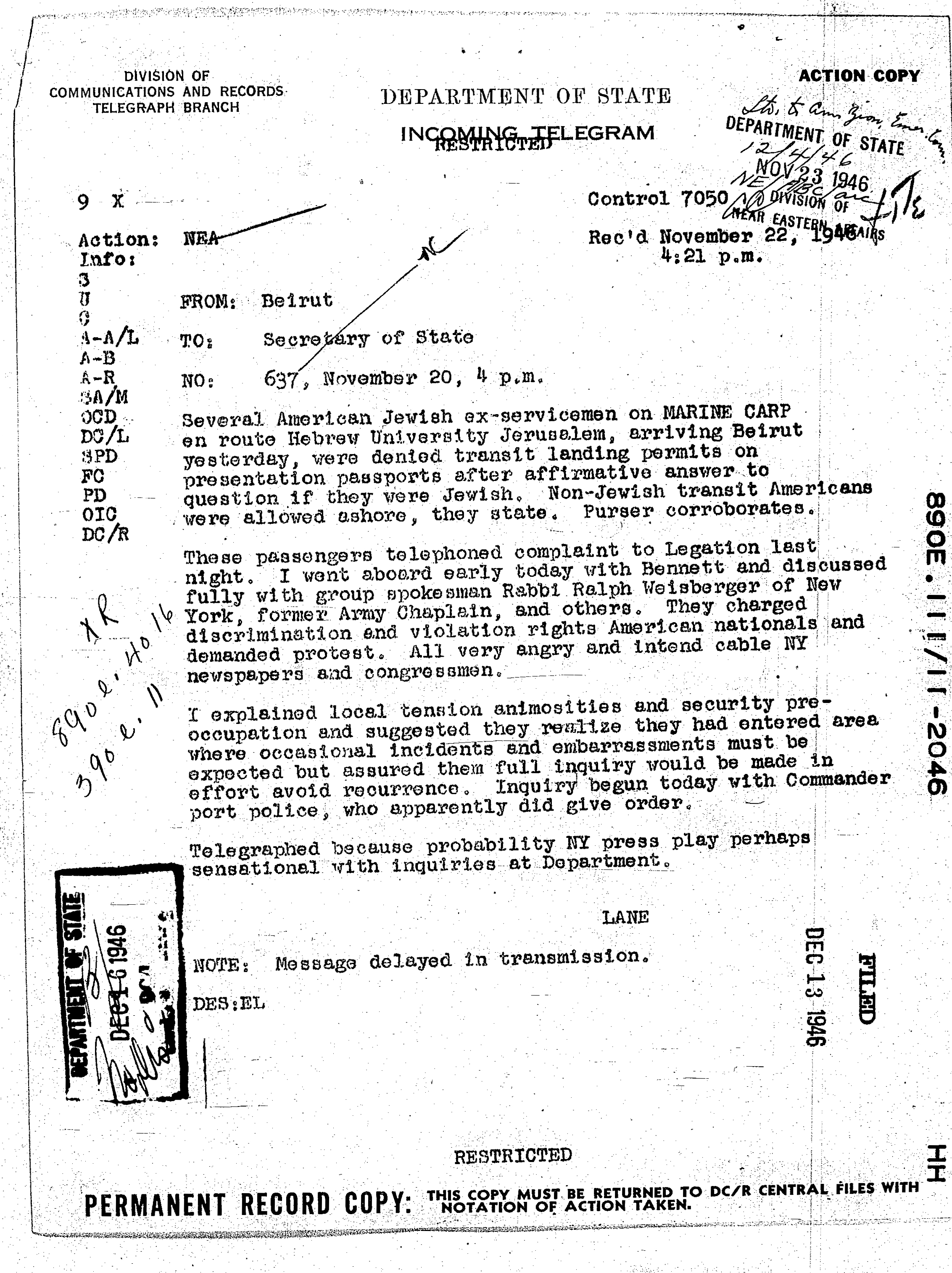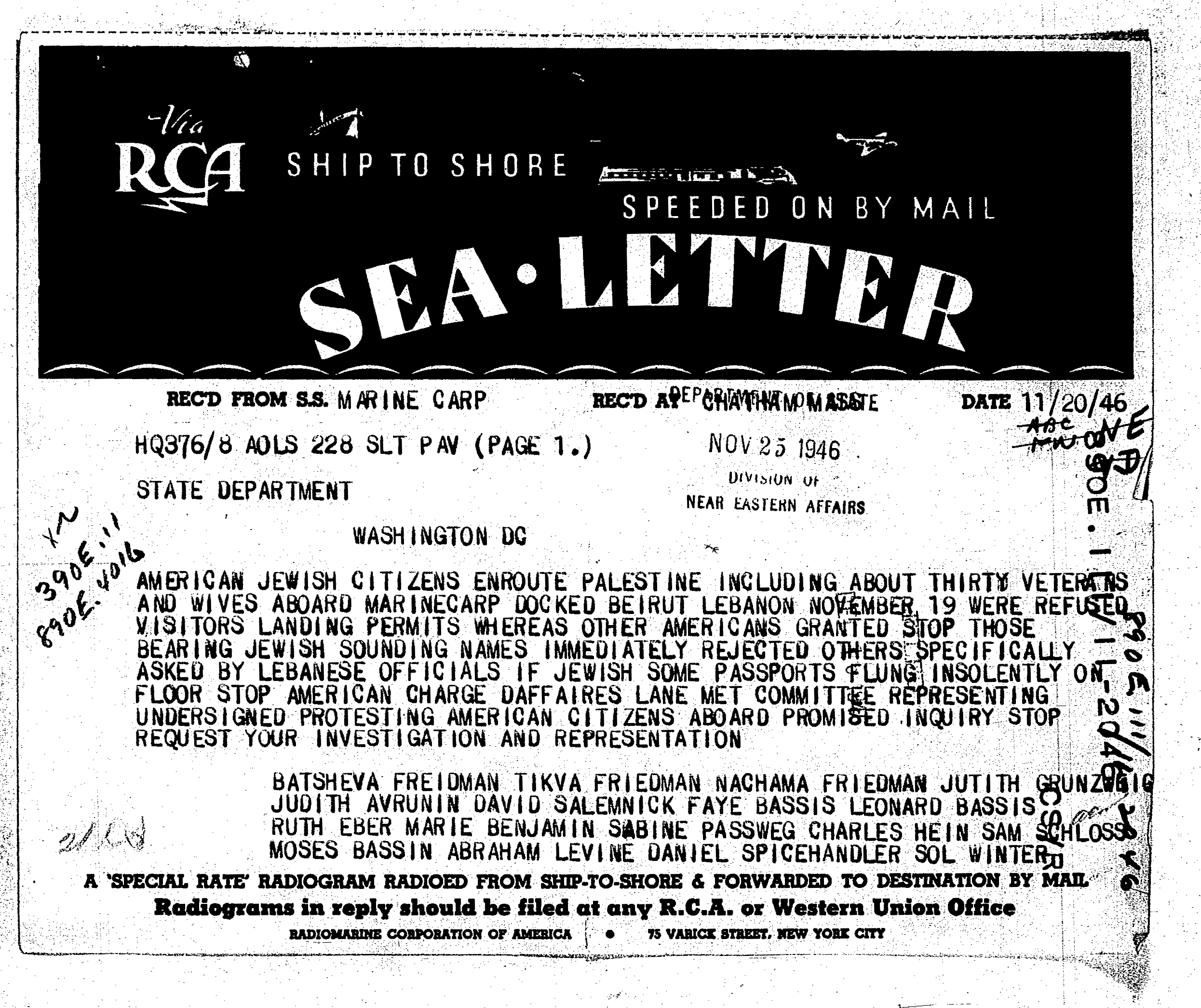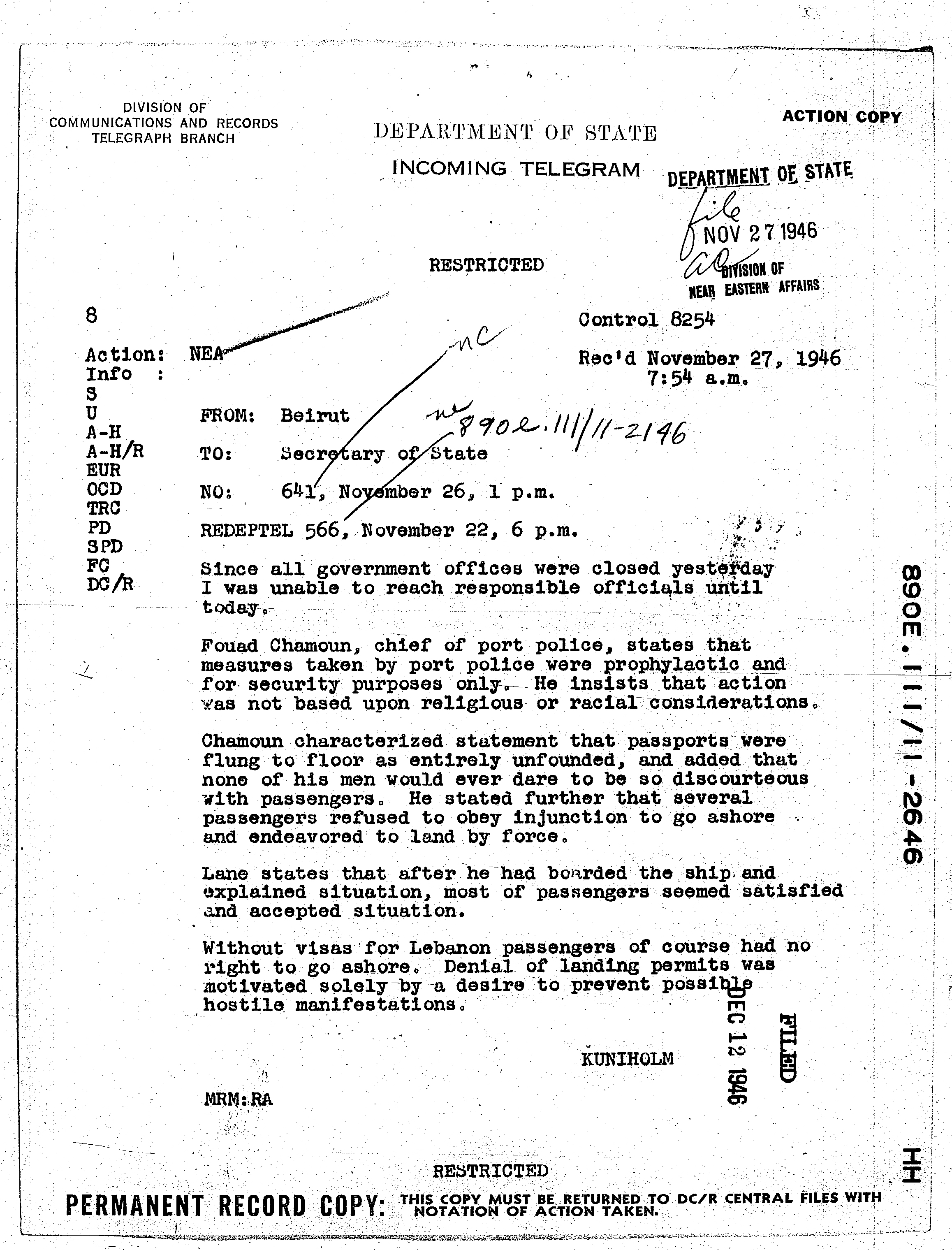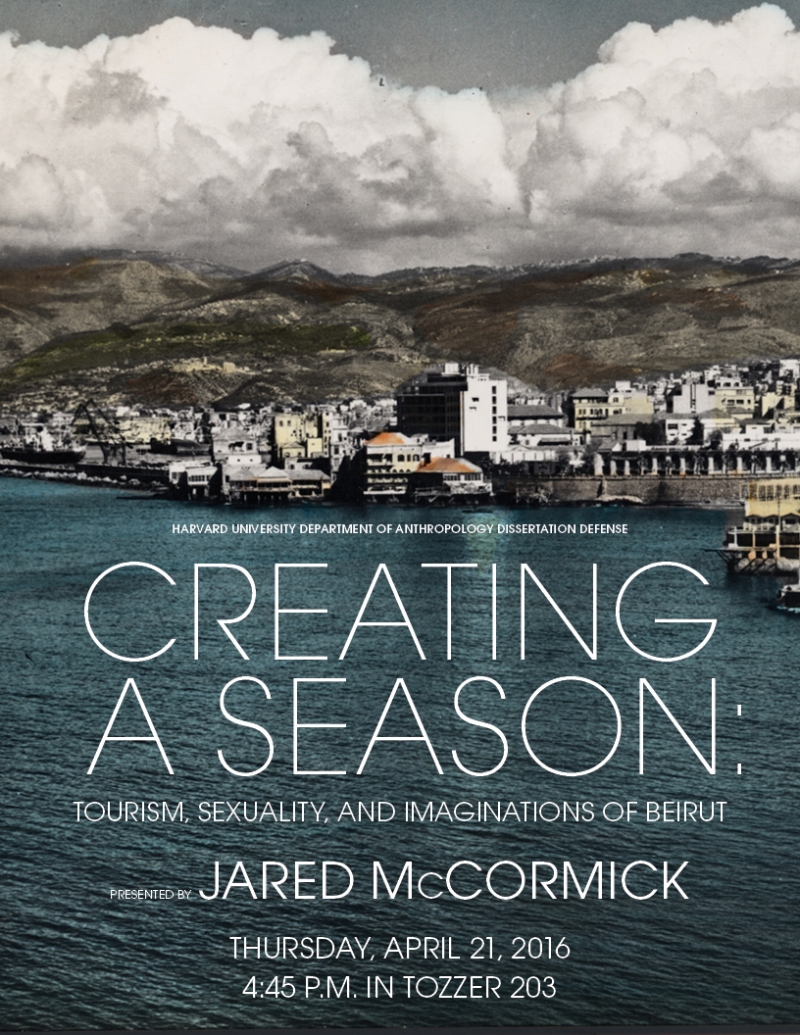I was in residence at the Akademie Schloss Solitude in Summer 2019 & and will again be in Stuttgart for Summer 2022 be working under the subgroup of Social Sciences & History. This award was based on current/proposed digital projects: A View from The View, Declassified Levant, and It's all in the Blues.
Announcement of award here:
Fellowships for 64 artists, scientists, and digital experts from 27 countries
Akademie Schloss Solitude is happy to announce the names of the 64 fellows who have been selected for 2017–2019 by the international jury around the jury chairman Kaiwan Mehta.
6,600 artists and scientists from 158 countries have downloaded the application form for the selection of the sixteenth generation of Solitude fellows and among them 1,900 candidates from 106 countries finally applied. All in all 64 fellows (34 female and 30 male) from 27 countries were selected by the jury.
13 of the 64 selected fellows live in Germany, ten in the USA, three each in the Netherlands, in Austria, India and in Croatia, the rest is spread over 21 more countries. For the first time, the Akademie will host artists from Myanmar, Iraq and Peru. As common among artists and scientists, who are generally very flexible and mobile, many of the selected fellows don’t live in the country they have been born and raised; very often they are residents of various countries.
After a first pilot phase in the past year, the new discipline web-based media has been integrated into the general fellowship program. 20 months were granted to journalists, developer/coders, designers, and artists who will work on the development of new digital content and formats during their stay.
Selected fellows:
Architecture (selected by Rahul Mehrotra):
Mariana Jochamowitz (Peru), Nicolas Rivera Bianchi (Peru), Céline Baumann (Germany), Manuel Silva Montenegro (Portugal), Victor Munoz Sanz (Netherlands), Thomidou Alkistis (Germany), Ana Filipovic (Germany).
Visual Arts (selected by Catherine David):
Aykan Safoglu (Germany), Christoph Szalay (Austria), Goutam Gosh (India), Padraig Robinson (Germany), Patrizia Bach (Germany), Imran Channa (Pakistan), Chiara Bugatti (Italiy), Manuel Mathieu (Canada), Dima Hamadeh (Lebanon), Ilana Ortar (Germany), Douglas Rogerson (USA).
Performing Arts (selected by Nicole Gingras):
Ntsikelelo Cekwana (South Africa), Luca Hillen (Netherlands), Maayan Danoch (Germany), Fanti Baum (Germany), Elena Morena Weber (Switzerland), Ana Wild (Belgium), Savyon Fishlovitch (Israel).
Design (selected by Iris Dressler/Hans D. Christ):
Hadja Saran Condé (France), Htoo Naung Kyaw (Myanmar), Zon Phyu (Myanmar), Sophia Guggenberger (Germany), Edith Lázar (Rumania), David Mathews (Austria).
Gernan Literature (selected by Terézia Mora):
Luise Boege (Germany), David Frühauf (Germany /Poland), Regina Dürig (Switzerland), Luke Wilkins (Germany).
International Literature (selected by Ahdaf Soueif):
Simar Preet Kaur (India), Wiam El-Tamami (Egypt), Bojan Kristofic (Croatia), Omar Ali Fadhil (Iraq), Vinicius Jatobá (Brasil), Anelise Chen (USA), Aditi Rao (India).
Music/Sound (selected by Marcus Schmickler):
Jacqueline Gordon (USA), Clara Latham (USA), Janneke van der Putten (Netherlands), James Rushford (Australia), Robert Blatt (USA), Anthony Pateras (Australia), Michael Winter (USA), Luke Wilkins (Germany).
Web-based Media (selected by Nishant Shah):
Dina Karadzic (Croatia), Vedran Gligo (Croatia), Zeljko Blace (Bosnia and Herzegovina).
Time-based Media (selected by Shilpa Gupta):
Susana Flock (Austria), Tom Rosenberg (USA), Soetkin Verstegen (Belgium).
art, science & business / Humanities (selected by Sunil Khilnani):
Hannah Rogers (USA), Gurur Ertem (Turkey), Lea Morin (Morocco), Douglas Rogerson (USA).
art, science & business / Social Sciences & History (selected by Kaiwan Mehta):
Jared McCormick (USA), Haneen Naamneh (Great Britain), Martin Lamotte (France).
art, science & business / Economy/Economis (selected by Ackbar Abbas):
Naomi Waltham-Smith (USA), Leone Contini Bonacossi (Italy), Manuel Schwab.

